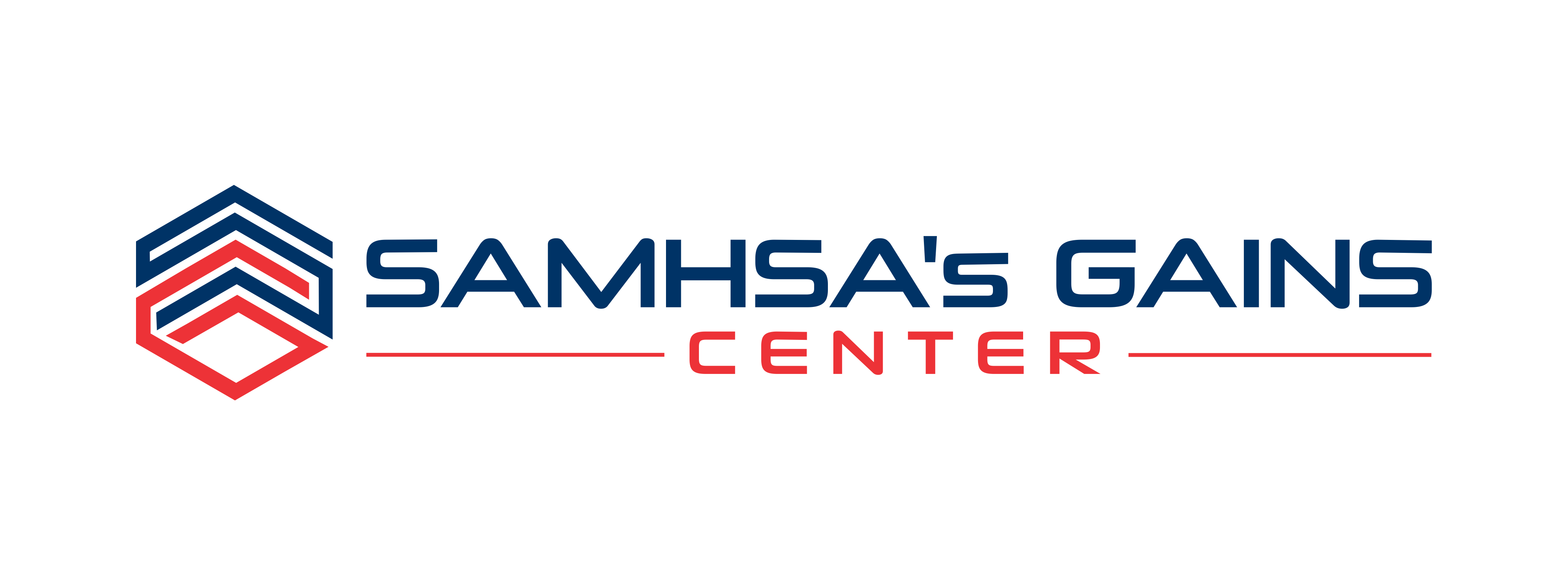By Josh Cantwell, LCSW, PRSS, Clinical Director of Special Programs, Grand Lake Mental Health Center, Inc.
In 2015, over 1,100 of the people served at Grand Lake Mental Health Center (GLMHC) were admitted to the hospital for psychiatric services. Many of these episodes involved a law enforcement officer waiting in the emergency room (ER) instead of providing public safety services, an ER doctor conducting a mental health examination instead of providing emergency medical care, and an inpatient facility admitting an individual based on the ER Doctor’s Emergency Detention Order, often occupying an inpatient bed when a lower level of care may have been more appropriate. Additionally, crisis episodes often escalated into arrests, contributing to local jails (and courts) being occupied by individuals who did not belong in the system. GLMHC believed that the sooner it could become involved in a crisis episode, the more likely the episode could be diverted to a lower, more appropriate level of care.
In January 2016, GLMHC began a series of bold, innovative steps to change these discouraging practices for the better. It began by opening the GLMHC Intensive Outpatient Center (IOC). The goals of the IOC were to:
- reduce the need for inpatient hospitalization,
- build and foster better relationships with community partners (specifically local law enforcement), and
- provide a centralized location for people to receive help 24 hours a day—the challenge was one of geography.
GLMHC is responsible for providing integrated health care to 288,000 people spread out over 4,500 square miles. It needed to create more options to allow the people we serve access to mental health and substance use disorder treatment. It needed a way to provide first responders instant access to a licensed mental health professional when they responded to a mental health emergency. So GLMHC partnered with hospitals and law enforcement throughout its seven counties and began providing them with iPads. First responders can now reach clinicians at any time from anywhere. GLMHC also began providing iPads to people with high-risk needs and people who had serious transportation issues. GLMHC currently has over 1,000 iPads in the field, and the results have been so impressive that it is now working to deploy iPads to all adults and families that it serves.
GLMHC partners with MyCare, a cutting-edge technology firm dedicated to increasing treatment access to individuals in need. MyCare has created the GrandCare mobile application suite, which provides first responders, hospitals, and individuals in treatment 24-hour, face-to-face communication with treatment providers.
This innovative model has resulted in the rapid decline in inpatient stays in its service area, from 1,115 in 2015, to 677 in 2016, and to 402 in 2017. Even more indicative of the impact of this model is the fact that through the first half of 2018, crisis episodes in its service area have only resulted in two inpatient stays. The drastic decrease in ER and inpatient utilization adds up to a 2-year estimated health care savings of $6,560,700.


